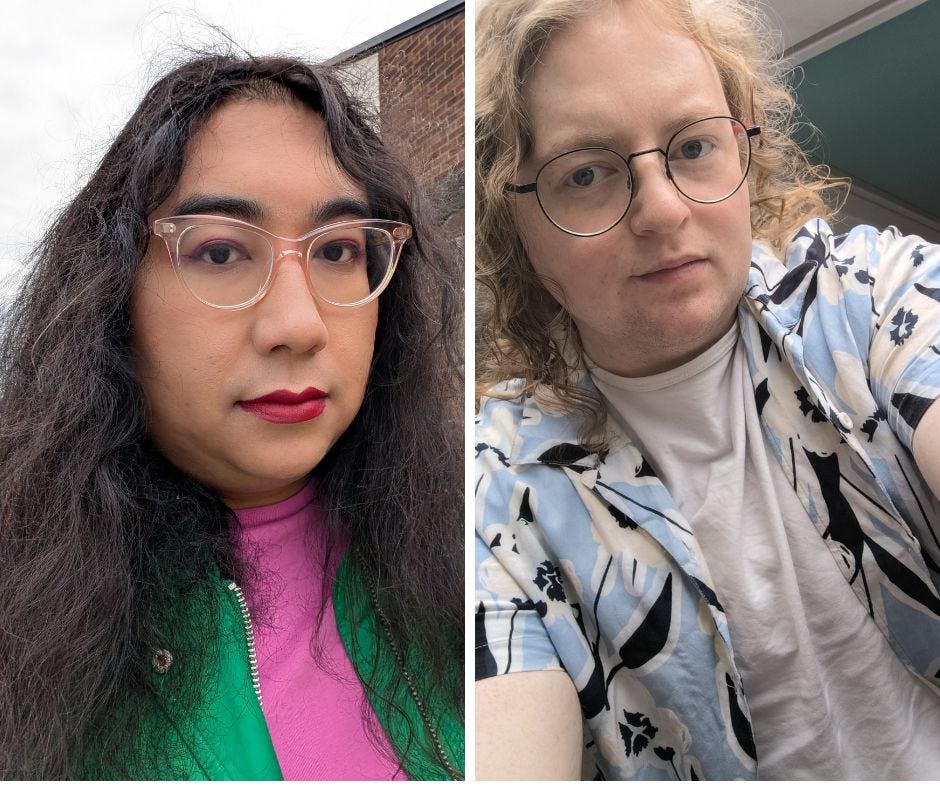“We will not disappear”: Trans+ voices rise after Supreme Court blow
Anti-trans activists are the ones in the minority—Trans+ people and allies are already proving that with action

People in my community are frightened for their own safety, since the UK Supreme Court ruling that trans women are no longer legally recognised as women. But fear has never stopped us sharing our compassion for one another.
“I find myself thinking abou…



